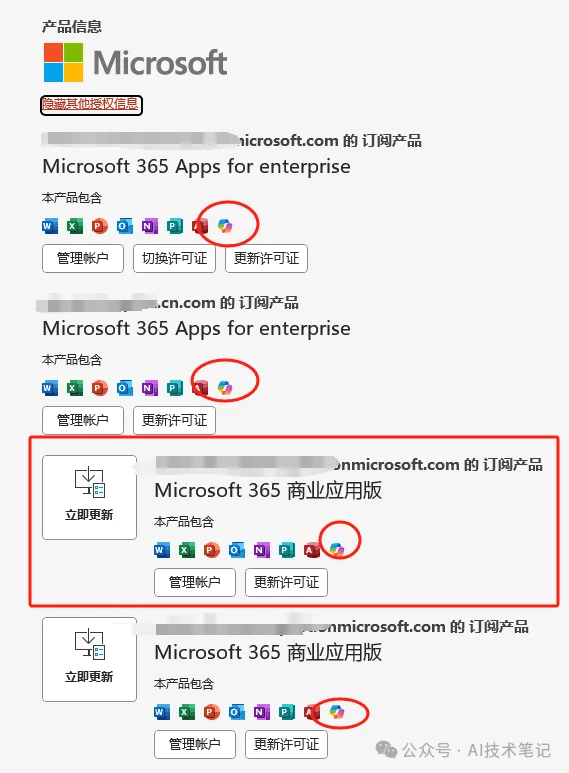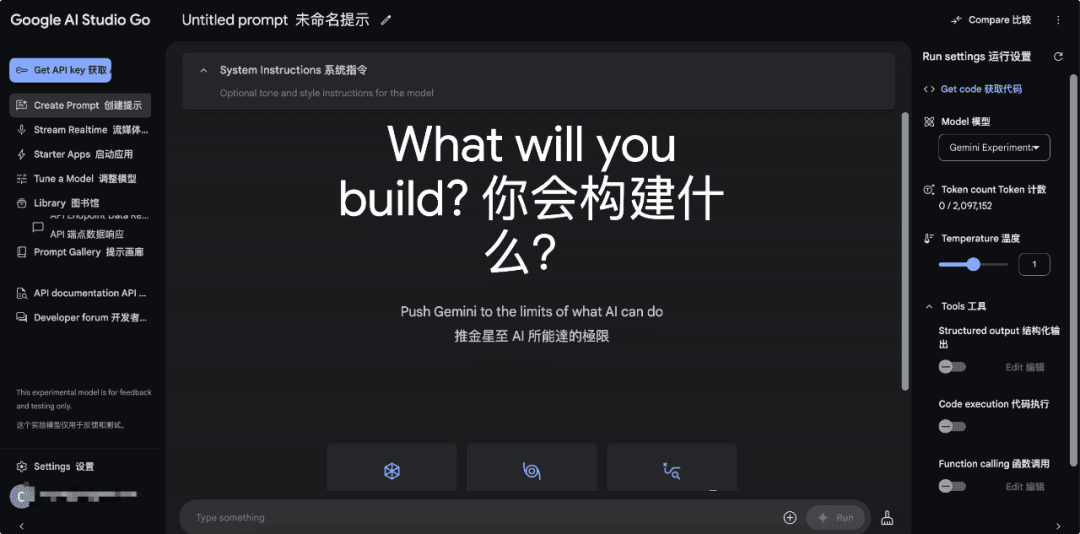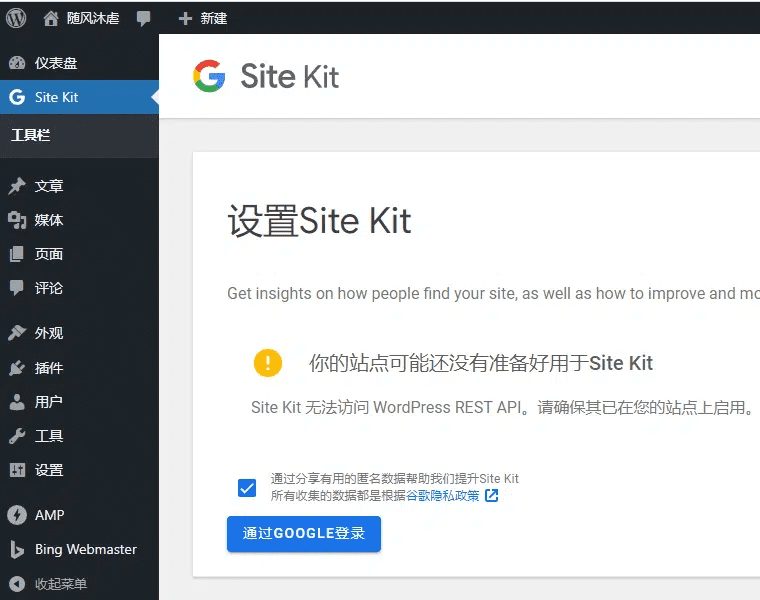Building a Local RAG Application with Ollama+LangChain
This tutorial assumes that you are already familiar with the following concepts.
- Chat Models
- Chaining runnables
- Embeddings
- Vector stores
- Retrieval-augmented generation
Many popular programs such as llama.cpp , Ollama , and llamafile shows the importance of running a large language model in a local environment.
LangChain is similar to a number of locally run Open Source LLM Vendors There are integrations, and Ollama is one of them.
Environmental settings
First, we need to set up the environment.
Ollama's GitHub repository provides a detailed description, summarized as follows.
- Download and run the Ollama application
- From the command line, refer to the Ollama model list and the List of text embedding models Pulling the model. In that tutorial, we take the
llama3.1:8bcap (a poem)nomic-embed-textExample.- command line input
ollama pull llama3.1:8bPulling Generic Open Source Large Language Modelsllama3.1:8b - command line input
ollama pull nomic-embed-textpull Text Embedding Modelnomic-embed-text
- command line input
- When the application is running, all models will automatically be added in the
localhost:11434go upstream - Note that your model selection needs to take into account your local hardware capabilities, the reference video memory size for this tutorial
GPU Memory > 8GB
Next, install the packages needed for local embedding, vector storage, and model inference.
# langchain_community
%pip install -qU langchain langchain_community
# Chroma
%pip install -qU langchain_chroma
# Ollama
%pip install -qU langchain_ollama
Note: you may need to restart the kernel to use updated packages.
Note: you may need to restart the kernel to use updated packages.
Note: you may need to restart the kernel to use updated packages.
You can also see this page for a full list of available embeddings models
Document Loading
Now let's load and split a sample document.
We will use Lilian Weng's article on Agent blog (loanword) As an example.
from langchain.text_splitter import RecursiveCharacterTextSplitter
from langchain_community.document_loaders import WebBaseLoader
loader = WebBaseLoader("https://lilianweng.github.io/posts/2023-06-23-agent/")
data = loader.load()
text_splitter = RecursiveCharacterTextSplitter(chunk_size=500, chunk_overlap=0)
all_splits = text_splitter.split_documents(data)
Next, initialize the vector store. The text embedding model we use is nomic-embed-text The
from langchain_chroma import Chroma
from langchain_ollama import OllamaEmbeddings
local_embeddings = OllamaEmbeddings(model="nomic-embed-text")
vectorstore = Chroma.from_documents(documents=all_splits, embedding=local_embeddings)
Now we get a local vector database! Let's briefly test the similarity search: the
question = "What are the approaches to Task Decomposition?"
docs = vectorstore.similarity_search(question)
len(docs)
4
docs[0]
Document(metadata={'description': 'Building agents with LLM (large language model) as its core controller is a cool concept. Several proof-of-concepts demos, such as AutoGPT, GPT-Engineer and BabyAGI, serve as inspiring examples. The potentiality of LLM extends beyond generating well-written copies, stories, essays and programs; it can be framed as a powerful general problem solver.\nAgent System Overview In a LLM-powered autonomous agent system, LLM functions as the agent’s brain, complemented by several key components:', 'language': 'en', 'source': 'https://lilianweng.github.io/posts/2023-06-23-agent/', 'title': "LLM Powered Autonomous Agents | Lil'Log"}, page_content='Task decomposition can be done (1) by LLM with simple prompting like "Steps for XYZ.\\n1.", "What are the subgoals for achieving XYZ?", (2) by using task-specific instructions; e.g. "Write a story outline." for writing a novel, or (3) with human inputs.')
Next, instantiate the big language model llama3.1:8b and test whether the model reasoning is working properly:
from langchain_ollama import ChatOllama
model = ChatOllama(
model="llama3.1:8b",
)
response_message = model.invoke(
"Simulate a rap battle between Stephen Colbert and John Oliver"
)
print(response_message.content)
**The scene is set: a packed arena, the crowd on their feet. In the blue corner, we have Stephen Colbert, aka "The O'Reilly Factor" himself. In the red corner, the challenger, John Oliver. The judges are announced as Tina Fey, Larry Wilmore, and Patton Oswalt. The crowd roars as the two opponents face off.**
**Stephen Colbert (aka "The Truth with a Twist"):**
Yo, I'm the king of satire, the one they all fear
My show's on late, but my jokes are clear
I skewer the politicians, with precision and might
They tremble at my wit, day and night
**John Oliver:**
Hold up, Stevie boy, you may have had your time
But I'm the new kid on the block, with a different prime
Time to wake up from that 90s coma, son
My show's got bite, and my facts are never done
**Stephen Colbert:**
Oh, so you think you're the one, with the "Last Week" crown
But your jokes are stale, like the ones I wore down
I'm the master of absurdity, the lord of the spin
You're just a British import, trying to fit in
**John Oliver:**
Stevie, my friend, you may have been the first
But I've got the skill and the wit, that's never blurred
My show's not afraid, to take on the fray
I'm the one who'll make you think, come what may
**Stephen Colbert:**
Well, it's time for a showdown, like two old friends
Let's see whose satire reigns supreme, till the very end
But I've got a secret, that might just seal your fate
My humor's contagious, and it's already too late!
**John Oliver:**
Bring it on, Stevie! I'm ready for you
I'll take on your jokes, and show them what to do
My sarcasm's sharp, like a scalpel in the night
You're just a relic of the past, without a fight
**The judges deliberate, weighing the rhymes and the flow. Finally, they announce their decision:**
Tina Fey: I've got to go with John Oliver. His jokes were sharper, and his delivery was smoother.
Larry Wilmore: Agreed! But Stephen Colbert's still got that old-school charm.
Patton Oswalt: You know what? It's a tie. Both of them brought the heat!
**The crowd goes wild as both opponents take a bow. The rap battle may be over, but the satire war is just beginning...
Constructing Chain Expressions
We can pass in the retrieved document and a simple prompt to build a summarization chain The
It formats the prompt template using the supplied input key values and passes the formatted string to the specified model:
from langchain_core.output_parsers import StrOutputParser
from langchain_core.prompts import ChatPromptTemplate
prompt = ChatPromptTemplate.from_template(
"Summarize the main themes in these retrieved docs: {docs}"
)
# 将传入的文档转换成字符串的形式
def format_docs(docs):
return "\n\n".join(doc.page_content for doc in docs)
chain = {"docs": format_docs} | prompt | model | StrOutputParser()
question = "What are the approaches to Task Decomposition?"
docs = vectorstore.similarity_search(question)
chain.invoke(docs)
'The main themes in these documents are:\n\n1. **Task Decomposition**: The process of breaking down complex tasks into smaller, manageable subgoals is crucial for efficient task handling.\n2. **Autonomous Agent System**: A system powered by Large Language Models (LLMs) that can perform planning, reflection, and refinement to improve the quality of final results.\n3. **Challenges in Planning and Decomposition**:\n\t* Long-term planning and task decomposition are challenging for LLMs.\n\t* Adjusting plans when faced with unexpected errors is difficult for LLMs.\n\t* Humans learn from trial and error, making them more robust than LLMs in certain situations.\n\nOverall, the documents highlight the importance of task decomposition and planning in autonomous agent systems powered by LLMs, as well as the challenges that still need to be addressed.'
Simple QA
from langchain_core.runnables import RunnablePassthrough
RAG_TEMPLATE = """
You are an assistant for question-answering tasks. Use the following pieces of retrieved context to answer the question. If you don't know the answer, just say that you don't know. Use three sentences maximum and keep the answer concise.
<context>
{context}
</context>
Answer the following question:
{question}"""
rag_prompt = ChatPromptTemplate.from_template(RAG_TEMPLATE)
chain = (
RunnablePassthrough.assign(context=lambda input: format_docs(input["context"]))
| rag_prompt
| model
| StrOutputParser()
)
question = "What are the approaches to Task Decomposition?"
docs = vectorstore.similarity_search(question)
# Run
chain.invoke({"context": docs, "question": question})
'Task decomposition can be done through (1) simple prompting using LLM, (2) task-specific instructions, or (3) human inputs. This approach helps break down large tasks into smaller, manageable subgoals for efficient handling of complex tasks. It enables agents to plan ahead and improve the quality of final results through reflection and refinement.'
QA with Search
Finally, our QA application with semantic retrieval (the native RAG applications) that can automatically retrieve the semantically most similar document fragments from a vector database based on user questions:
retriever = vectorstore.as_retriever()
qa_chain = (
{"context": retriever | format_docs, "question": RunnablePassthrough()}
| rag_prompt
| model
| StrOutputParser()
)
question = "What are the approaches to Task Decomposition?"
qa_chain.invoke(question)
'Task decomposition can be done through (1) simple prompting in Large Language Models (LLM), (2) using task-specific instructions, or (3) with human inputs. This process involves breaking down large tasks into smaller, manageable subgoals for efficient handling of complex tasks.'
summarize
Congratulations, at this point, you have fully implemented a RAG application built on the Langchain framework and a local model. You can use the tutorial as a base to replace the local model to experiment with the effects and capabilities of different models, or extend it further to enrich the capabilities and expressiveness of the application, or add more useful and interesting features.
© Copyright notes
Article copyright AI Sharing Circle All, please do not reproduce without permission.
Related posts

No comments...




